15 Key Local SEO Ranking Factors To Improve Your Business Online
Certainly! Let’s dive into a detailed explanation of 15 Key local SEO ranking factors, keeping the conversation smooth and engaging while ensuring clarity and depth of understanding.
What is Local SEO?
Local SEO (Search Engine Optimization) is the process of optimizing your online presence to attract more customers from local searches on search engines like Google. It involves strategies to improve your visibility in local search results, particularly for users searching for products or services in their vicinity. Local SEO is essential for businesses targeting local customers as it helps increase online visibility, drive foot traffic to physical locations, and ultimately boost sales and revenue.
Here are 15 Key Local SEO Ranking Factors:
1. Google My Business (GMB) Optimization:
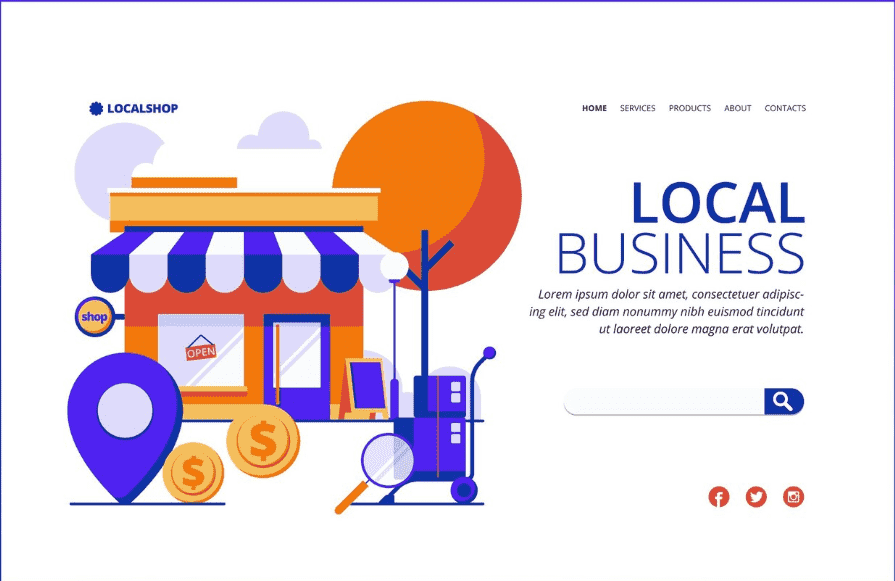
Optimizing your Google My Business listing is like setting up the storefront of your business in the online world.
By claiming and verifying your GMB listing, you’re essentially telling Google, “Hey, this is who we are, and here’s what we offer.” It’s crucial to provide accurate and up-to-date information, including your business name, address, phone number, and operating hours. This not only helps potential customers find you easily but also signals to Google that your business is legitimate and trustworthy.
2. Consistent NAP Information:

Consistency is key when it comes to your business’s Name, Address, and Phone number (NAP) information across the web. Think of it as keeping your contact details organized in a neat little address book that Google can easily read. Whether it’s your website, social media profiles, or online directories, ensuring that your NAP information is consistent helps build trust with both users and search engines, ultimately improving your local search rankings.
3. Localized Content:

Localized content adds a personalized touch to your online presence, making you more relatable to your target audience. It’s like speaking the same language as your customers, quite literally! By creating content that incorporates local keywords, landmarks, events, and news, you’re not only catering to the interests of your local community but also increasing your chances of showing up in relevant local searches.
4. Local Citations:
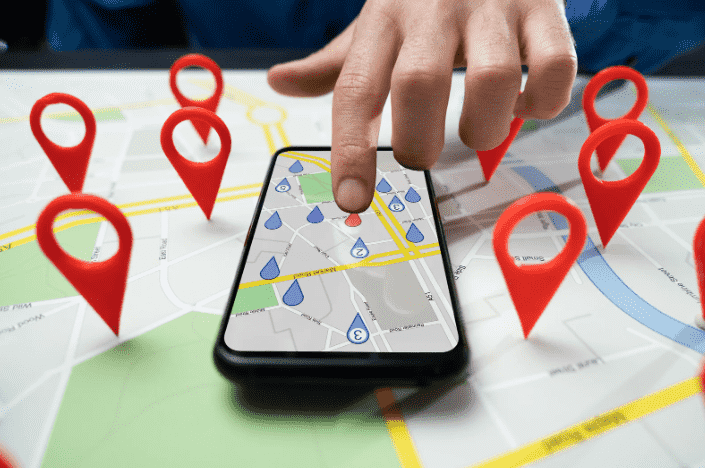
Citations act as digital references for your business, similar to recommendations from friends or colleagues. By obtaining citations from reputable local directories and review sites, you’re essentially vouching for your business’s credibility and relevance within your community. However, it’s essential to ensure that your NAP information is consistent across all citations to avoid confusing both users and search engines.
5. Online Reviews:

Online reviews are the modern-day word-of-mouth recommendations that can make or break a business. Encouraging positive reviews and promptly addressing any negative feedback not only helps improve your online reputation but also signals to search engines that your business is actively engaged with its customers. Remember, a little bit of appreciation can go a long way in building trust and loyalty among your audience.
6. Website Optimization:

Optimizing your website for local search involves more than just sprinkling a few location-based keywords here and there. It’s about creating a seamless user experience for visitors while also sending clear signals to search engines about your business’s relevance to a specific geographical area. From optimizing title tags and meta descriptions to integrating localized content throughout your site, every little detail counts in improving your local search rankings.
7. Mobile Optimization:

In today’s mobile-centric world, having a mobile-friendly website isn’t just a nice-to-have—it’s a must-have! Just imagine trying to navigate through a website on your phone that takes ages to load or has tiny text that requires constant zooming in and out. Frustrating, right? By ensuring that your website is optimized for mobile devices, you’re not only providing a better user experience but also boosting your chances of ranking higher in local search results.
8. Local Link Building:
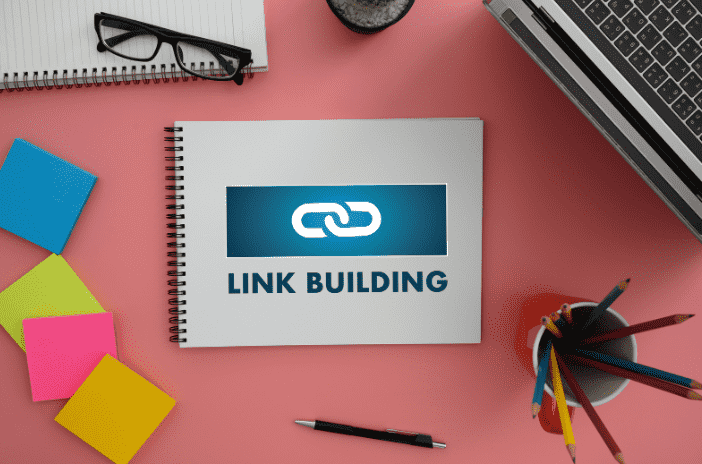
Link building is like building a network of connections in the online world. When reputable local websites, organizations, and businesses link back to your site, it’s like getting a vote of confidence from the local community. These backlinks not only help improve your website’s authority but also establish your relevance within your geographic area, ultimately contributing to higher local search rankings.
9. Schema Markup:

Schema markup is like adding labels to your website’s content to help search engines understand it better. By implementing local business schema markup, you’re essentially providing search engines with structured data about your business, such as your address, phone number, and business hours. This not only helps improve the visibility of your business in local search results but also enhances the overall user experience by providing relevant information upfront.
10. Location Pages:
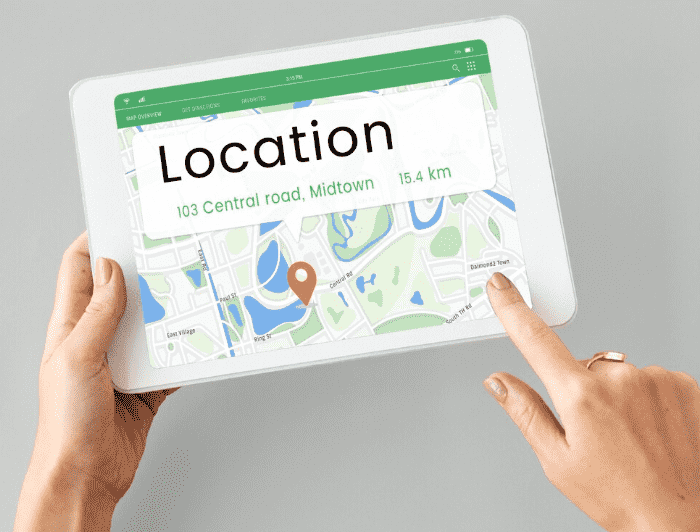
Location pages serve as virtual storefronts for each of your business locations. By creating individualized location pages optimized with unique NAP information and localized content, you’re essentially catering to the specific needs and interests of customers in each geographic area. This not only helps improve your chances of showing up in local searches but also enhances the relevance of your business to potential customers.
11. Google Reviews and Ratings:

Google reviews and ratings are like the gold stars of the online world—they can significantly influence a business’s reputation and credibility. By maintaining a high average rating on Google My Business and actively encouraging customers to leave reviews, you’re not only showcasing your business’s excellence but also signaling to search engines that your business is well-regarded within the local community.
12. Social Signals:

Social signals are like virtual nods of approval from your online audience. By engaging with your local community on social media platforms and encouraging social shares and interactions, you’re essentially amplifying your brand’s visibility and authority. While social signals may not directly impact local search rankings, they can indirectly influence factors such as brand awareness and user engagement, which are crucial for long-term success in local SEO.
13. Local Linkless Mentions:

Linkless mentions are like shoutouts for your business in the online world, even without the clickable links. When your business name, address, and phone number (NAP) are mentioned on local websites and publications, it signals to search engines that your business is relevant and trusted within the local community. These mentions not only help improve your local search rankings but also increase brand awareness among potential customers.
14. Localized URL Structure:
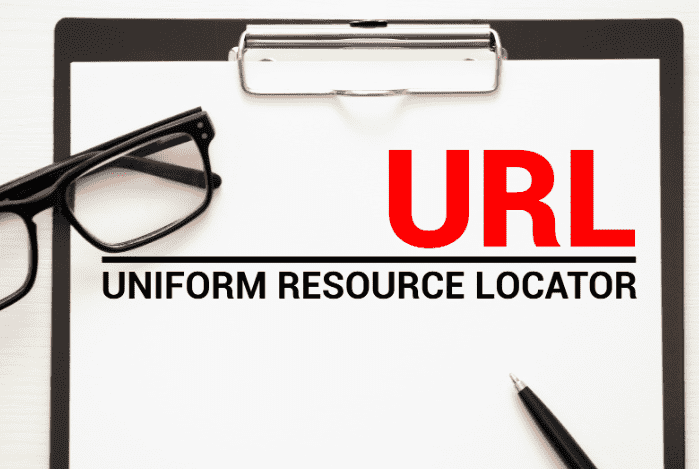
A localized URL structure is like signposts that guide users and search engines to the right destination. By incorporating localized keywords into your website’s URL structure, particularly for location-specific landing pages, you’re making it easier for both users and search engines to understand the geographic relevance of your content. This can ultimately improve your visibility and rankings in local search results.
15. Local Business Listings:

Local business listings are like digital yellow pages that help customers find businesses in their area. By ensuring that your business is listed accurately on major local directories and platforms such as Bing Places for Business and Apple Maps, you’re essentially increasing your online visibility and accessibility to potential customers. These listings not only provide valuable information about your business but also contribute to your overall credibility and authority in local search rankings.
Each of these 15 Key local SEO ranking factors plays a crucial role in optimizing your business’s online presence for local search, ultimately helping you attract more local customers and grow your business. So, whether it’s fine-tuning your Google My Business listing or creating localized content for your website, every effort counts in improving your local SEO rankings and driving business success.
How does local SEO differ from traditional SEO?
While traditional SEO focuses on improving a website’s visibility on a global or national scale, local SEO specifically targets users searching for businesses, products, or services within a specific geographic area. Local SEO strategies often involve optimizing Google My Business listings, obtaining local citations, and creating localized content tailored to the needs and interests of the local audience. Additionally, local SEO prioritizes factors like proximity, relevance, and prominence to ensure businesses appear in local search results.
How can I optimize my Google My Business listing for local SEO?
To optimize your Google My Business listing, ensure that all information, including business name, address, phone number, and business hours, is accurate and up-to-date. Add relevant categories, business descriptions, photos, and videos to enhance your listing’s appeal. Encourage satisfied customers to leave positive reviews, and promptly respond to any reviews or questions from users. Additionally, regularly update posts and offers to keep your listing fresh and engaging for potential customers.
What role do online reviews play in local SEO rankings?
Online reviews play a crucial role in local SEO rankings as they provide valuable social proof and signals of trust to both search engines and potential customers. Positive reviews not only influence a business’s reputation and credibility but also contribute to higher rankings in local search results. Encouraging satisfied customers to leave reviews on platforms like Google, Yelp, and Facebook can help boost a business’s visibility and attract more local customers. Additionally, promptly responding to reviews, whether positive or negative, demonstrates active engagement and commitment to customer satisfaction, further enhancing a business’s online reputation.
How can small businesses improve their local SEO rankings on a limited budget?
Small businesses can improve their local SEO rankings effectively even with limited resources by focusing on key strategies such as optimizing Google My Business listings, obtaining local citations from reputable directories, and creating localized content tailored to the interests and needs of the local audience. Additionally, actively engaging with the local community through social media, participating in local events, and collaborating with other businesses can help increase visibility and attract nearby customers. Consistently monitoring and analyzing local SEO performance metrics can also help identify areas for improvement and optimize strategies for better results within budget constraints.







